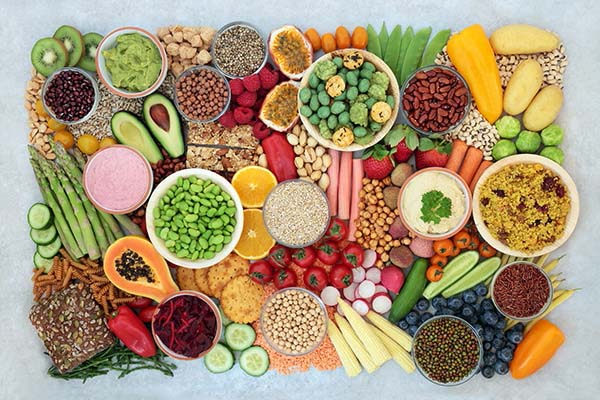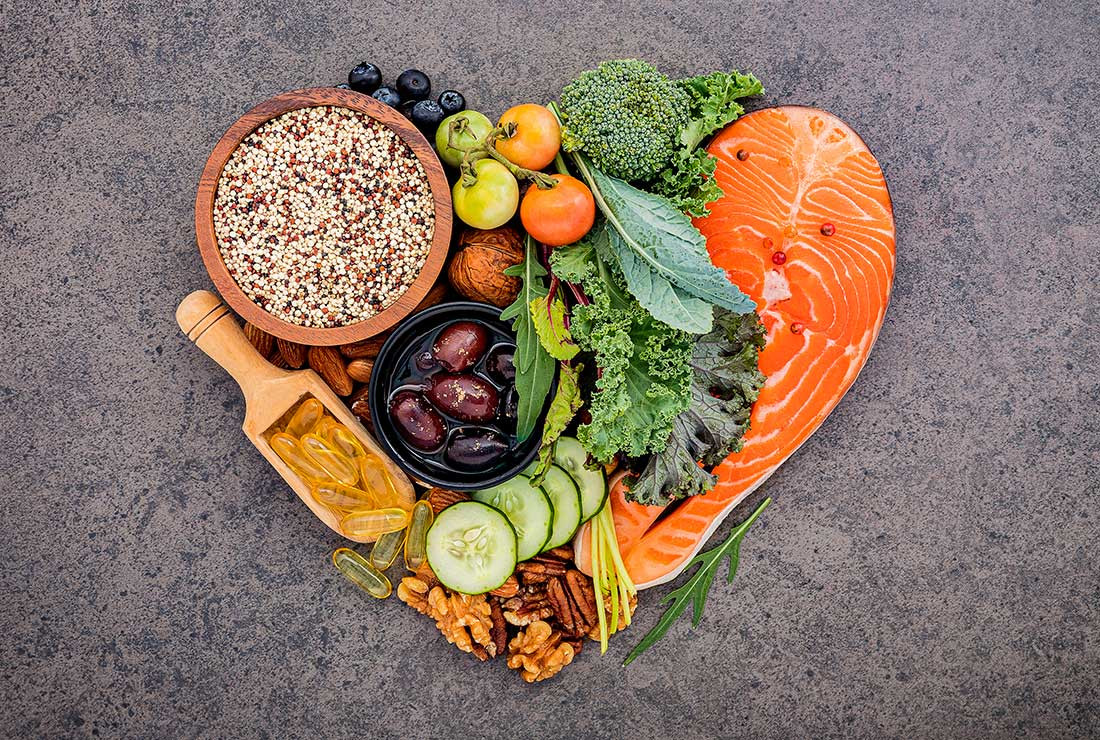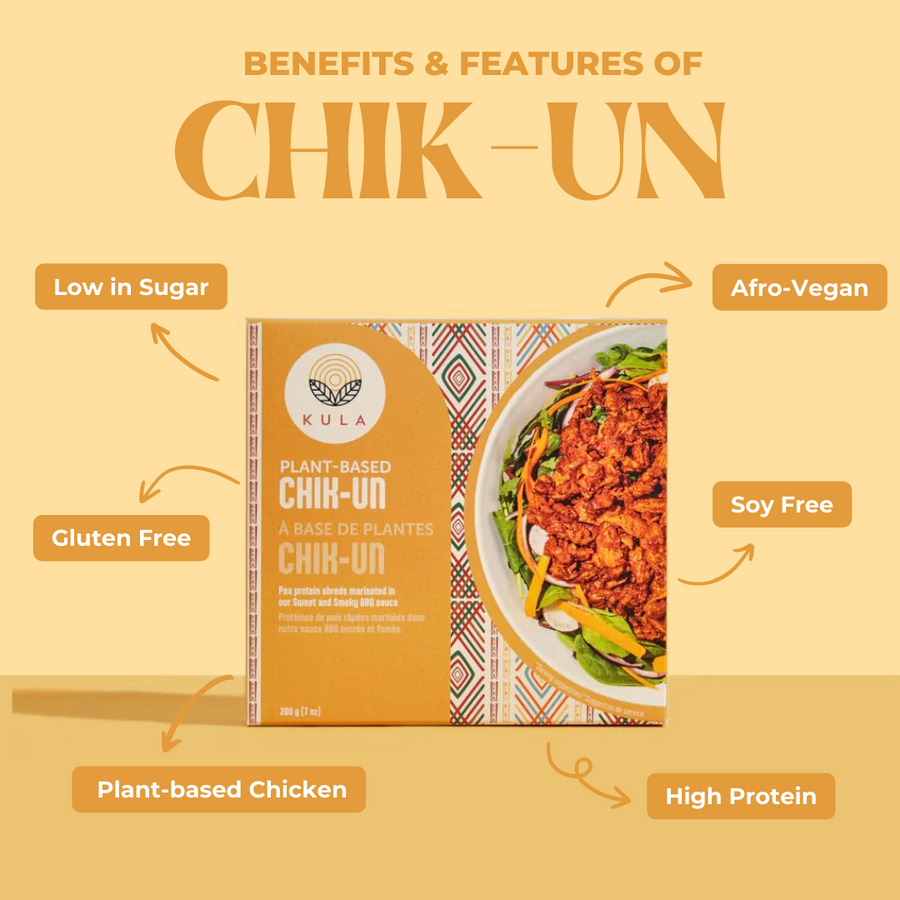Plant Based Beef vs. Traditional Meat: Which Is Better for the Environment?
Plant Based Beef vs. Traditional Meat: Which Is Better for the Environment?
Blog Article
Everything About Healthy And Balanced Food: Advantages of Embracing Plant Based Choices
The conversation bordering plant-based diet regimens has gained significant interest recently. Many individuals are discovering the possible health and wellness advantages, dietary advantages, and ecological impacts related to these nutritional options. As people come to be more knowledgeable about their food's impact on well-being and sustainability, questions occur concerning the functionalities of taking on such a way of living. What details modifications can one anticipate, and exactly how might these selections improve not only individual health yet likewise the earth's future?
Comprehending Plant-Based Diet Plans
Lots of people connect plant-based diet regimens mostly with vegetarianism or veganism, these diet regimens can incorporate a large array of eating patterns that prioritize whole, minimally processed plant foods. Such diets typically consist of fruits, veggies, entire grains, nuts, vegetables, and seeds, while restricting or eliminating pet items. This flexibility allows people to tailor their dietary options according to individual preferences and dietary demands. Some may embrace a mostly plant-based diet while still sometimes consuming meat or dairy, frequently referred to as a flexitarian technique. The emphasis stays on including even more plant foods, which can result in a varied array of dishes and flavors. Comprehending these different analyses of plant-based eating is essential for valuing its access and appeal in modern food culture.
Wellness Perks of Plant-Based Foods
The health benefits of plant-based foods are substantial, offering a nutrient density advantage that sustains general wellness. Study suggests that these foods can improve heart health and play an important role in effective weight monitoring. By incorporating much more plant-based options, individuals might improve their nutritional selections and promote long-term wellness.
Nutrient Density Benefit
Nutrient thickness plays an important duty in the health and wellness advantages of plant-based foods, making them an engaging option for those looking for a well balanced diet regimen. Plant-based foods, such as fruits, veggies, beans, nuts, and whole grains, are often abundant in essential vitamins, minerals, and antioxidants while being lower in calories. This high nutrient density allows people to eat fewer calories while still meeting their dietary requirements. Furthermore, these foods are loaded with dietary fiber, promoting gastrointestinal health and assisting in weight monitoring. By incorporating nutrient-dense plant-based choices, consumers can boost their general wellness, sustain their immune systems, and reduce the threat of persistent conditions. Eventually, the nutrient thickness of plant-based foods underscores their significance in a health-conscious lifestyle.
Heart Health Renovation

Weight Monitoring Assistance
Along with advertising heart health and wellness, a plant-based diet regimen can considerably help in weight management. This nutritional technique emphasizes entire foods such as fruits, vegetables, beans, nuts, and entire grains, which are typically lower in calories and higher in fiber contrasted to animal-based items. The high fiber web content assists enhance satiation, lowering total calorie intake. Moreover, plant-based diets are often rich in necessary nutrients while reduced in undesirable fats, making it easier to keep a healthy weight. Plant Based Beef. Study shows that people who embrace a plant-based way of life often tend to have reduced body mass indexes (BMIs) and experience more successful weight-loss compared to those who consume meat-heavy diets. Consequently, welcoming plant-based options is a critical option for reliable weight administration
Nutritional Value of Plant-Based Active Ingredients
Plant-based active ingredients are abundant in crucial nutrients, using a diverse variety of vitamins, minerals, and antioxidants that add to general health. A contrast of healthy protein sources reveals that while animal products are typically checked out as premium, numerous plant-based choices offer appropriate healthy protein and various other helpful compounds. Recognizing the nutritional worth of these ingredients can help individuals make notified dietary selections.
Essential Nutrients in Plants
Nutrient-rich active ingredients found in plants use a diverse array of essential nutrients that add considerably to general wellness. These this active ingredients are abundant in vitamins A, C, and K, which sustain immune feature, vision, and blood clotting, respectively. In addition, plants provide vital minerals such as magnesium, calcium, and potassium, vital for heart health, muscle mass function, and bone toughness. The existence of fiber in plant-based foods aids digestion and promotes a healthy and balanced digestive tract microbiome. Antioxidants, found generously in vegetables and fruits, aid fight oxidative stress and anxiety and lower swelling. In addition, many plant foods are reduced in calories yet high in nutrients, making them an exceptional option for those seeking to maintain a healthy and balanced weight while ensuring perfect nutrient consumption.
Comparing Healthy Protein Sources
Healthy protein resources differ considerably in their dietary accounts, with plant-based ingredients using distinct advantages. Unlike animal proteins, which usually consist of hydrogenated fats and cholesterol, plant proteins have a tendency to be lower in these unhealthy parts. Legumes, nuts, seeds, and whole grains are abundant in vital amino acids, fiber, vitamins, and minerals. Lentils offer high protein web content alongside substantial iron and folate, while quinoa is a complete healthy protein, offering all 9 important amino acids. In addition, plant-based healthy proteins are commonly come with by anti-oxidants and phytochemicals that support overall health and wellness. The change to plant-based protein resources not only improves nutritional intake but also straightens with sustainable dietary techniques, reducing ecological impact and promoting lasting health benefits.
Ecological Effect of Plant-Based Eating
As understanding of environment adjustment expands, lots of individuals are checking out sustainable dietary options that can significantly decrease their environmental impact. Plant-based eating has arised as a substantial factor to minimizing greenhouse gas discharges, which are largely related to livestock manufacturing. The cultivation of fruits, vegetables, grains, and vegetables generally needs fewer resources, such as water and land, contrasted to animal farming. Additionally, plant-based diet regimens can bring about reduced deforestation, as much less land is required for grazing animals or growing pet feed. By moving in the direction of plant-based options, consumers can sustain biodiversity and advertise healthier communities. Overall, accepting plant-based consuming not only benefits personal health and wellness but additionally stands for an important step toward environmental sustainability and preservation efforts.
Conquering Common Misconceptions
While lots of people acknowledge the benefits of a plant-based diet regimen, several false impressions frequently prevent them from fully embracing this lifestyle. An usual idea is that plant-based diet regimens do not have sufficient protein; nonetheless, many plant resources, such as legumes, nuts, and tofu, give ample healthy protein. Additionally, some assume that this diet is costly, when in fact, staples like beans, rice, and seasonal veggies can be fairly cost effective. Another mistaken belief is that plant-based eating is excessively limiting, whereas it actually supplies a diverse range of flavors and foods. Lastly, several worry that a plant-based diet regimen may bring about shortages, yet with correct preparation, individuals can acquire all required nutrients, consisting of minerals and vitamins, while taking pleasure in a wide range of delicious dishes.
Tips for Transitioning to a Plant-Based Lifestyle
Making the shift to a plant-based way of life can be an improving experience, though it commonly calls for some advice to navigate the preliminary modifications. Initially, individuals are motivated to begin slowly, including more fruits, vegetables, legumes, and entire grains right into their meals while lowering meat and dairy intake. Meal preparation is essential; preparing an once a week menu can help reduce the adjustment and stop final undesirable options. Discovering cooking techniques and brand-new dishes can also preserve and improve the experience enjoyment concerning plant-based consuming. In addition, signing up with support system or areas can supply inspiration and share useful ideas. Remaining educated about nutrition warranties well balanced dishes, avoiding shortages while cultivating a healthy, rewarding plant-based way of life.

Delicious Plant-Based Meal Ideas
Checking out scrumptious plant-based dish ideas can influence individuals to embrace a much more nourishing diet plan. One preferred option is a hearty quinoa salad, featuring cherry tomatoes, cucumber, and a zesty lemon-tahini clothing. An additional fave is a savory lentil stew, loaded with carrots, celery, and fragrant natural herbs, excellent for a calming dinner. For morning meal, overnight oats made with almond milk, find more info chia seeds, and covered with fresh berries provide a nourishing beginning to the day. Additionally, a vibrant veggie stir-fry with tofu and a range of vibrant veggies can be a quick yet satisfying dish. Ultimately, creamy avocado salute on whole-grain bread, sprinkled with seasonings and seeds, uses a basic yet flavorful treat. These dishes display the range and splendor of plant-based eating.

Regularly Asked Questions
Can a Plant-Based Diet Plan Offer Enough Protein?
The inquiry of whether a plant-based diet can give enough healthy protein prevails. Various sources, including vegetables, nuts, seeds, and entire grains, can meet protein requires properly, supporting a nourishing and well balanced diet plan for individuals.
Are Plant-Based Diet Plans Ideal for Children?
The suitability of plant-based diet regimens for youngsters depends on mindful preparation. Adequate nutrients must be guaranteed, the original source including vitamins, healthy proteins, and minerals. With proper guidance, such diet regimens can sustain healthy growth and development in children.
Just how Do I Eat Out on a Plant-Based Diet regimen?
Eating out on a plant-based diet plan entails looking for dining establishments with varied food selections, requesting modifications, and discovering vegan-friendly options. Planning in advance and interacting dietary choices can boost the dining experience while keeping dietary choices.
What Are Usual Irritants in Plant-Based Foods?
Common irritants in plant-based foods include soy, gluten, nuts, and seeds - BBQ Sauces. Individuals adhering to a plant-based diet needs to recognize these allergens and read labels very carefully to prevent unfavorable responses and assure safe usage
Can Plant-Based Diets Assist With Weight-loss?
Study suggests that taking on a plant-based diet may help with weight management due to its normally reduced calorie thickness and higher fiber material. This combination can improve satiation, aiding individuals handle their caloric intake effectively. Numerous people associate plant-based diets generally with vegetarianism or veganism, these diet regimens can incorporate a large range of eating patterns that prioritize whole, minimally processed plant foods. Nutrient density plays a necessary function in the wellness benefits of plant-based foods, making them an engaging choice for those seeking a well balanced diet plan. Plant-based diets have been shown to noticeably improve heart health, as they usually have components that support cardiovascular feature. In addition to promoting heart health and wellness, a plant-based diet can substantially assist in weight monitoring. A typical idea is that plant-based diet plans do not have enough healthy protein; nevertheless, various plant resources, such as vegetables, nuts, and tofu, give sufficient protein.
Report this page